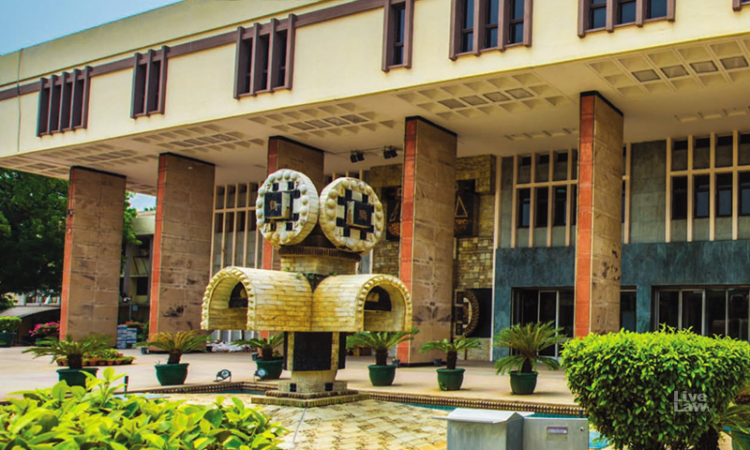Sex On Promise Of Marriage After Concealing Identity: Delhi High Court Refuses To Quash FIR Though Victim Decides to Stay With Accused As His Wife
Sparsh Upadhyay
2 Feb 2021 9:17 AM IST

The allegation of the complainant was that petitioner 'Akhtar' falsely represented himself as 'Shiva' and promised marriage to the respondent No.2/complainant and had physical relationship with her.
Next Story


